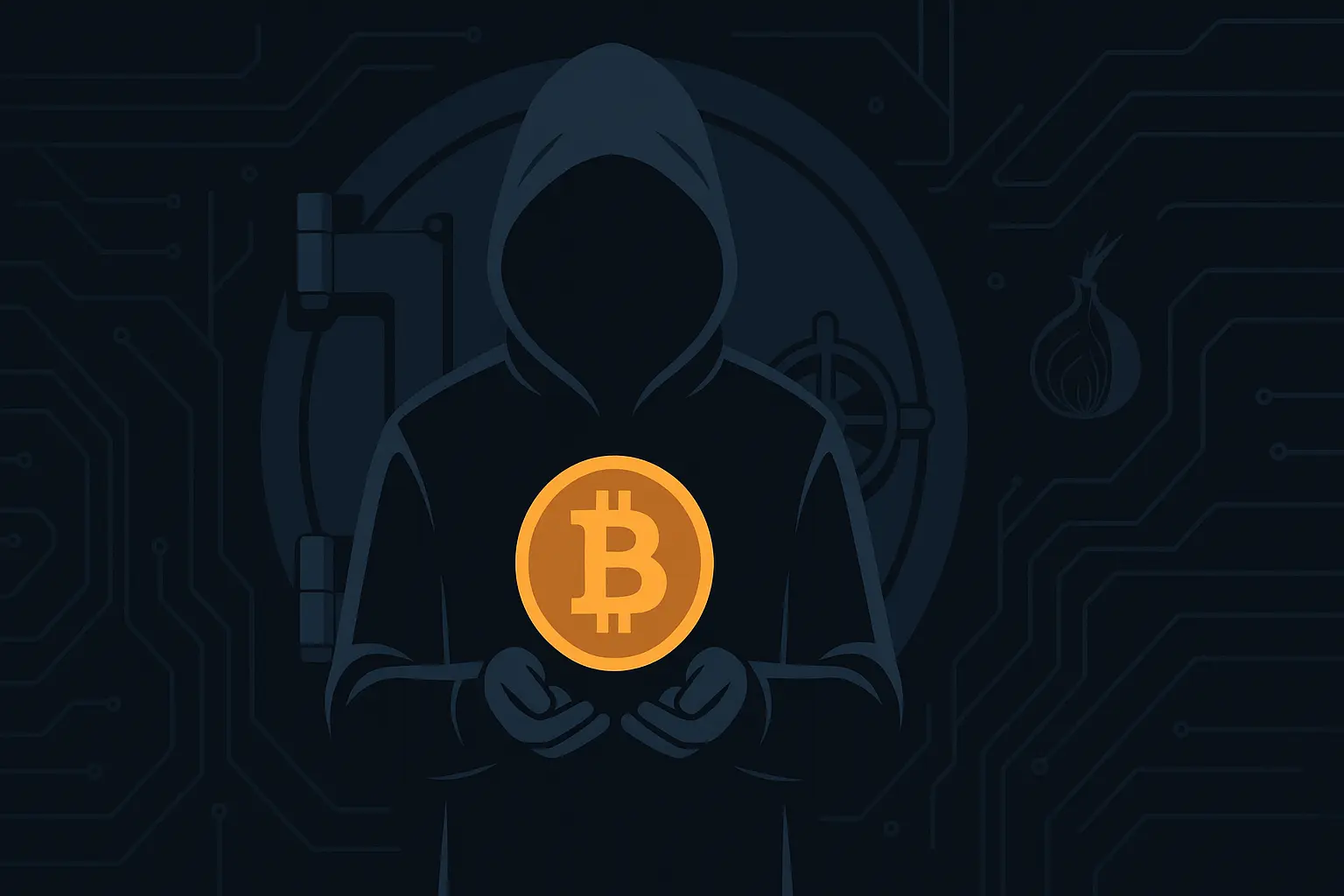Address
304 North Cardinal St.
Dorchester Center, MA 02124
Work Hours
Monday to Friday: 7AM - 7PM
Weekend: 10AM - 5PM

Where Science Meets Strategy

For Total Beginners in Asia, MENA, and Beyond
By someone who knows you don’t want your face scanned or your bank calling you.

For Total Beginners in Asia, MENA, and Beyond
By someone who knows you don’t want your face scanned or your bank calling you.
Bitcoin is digital money that runs on a decentralized network. No company, government, or authority controls it. Anyone can use it. All you need is a phone and a free wallet app.
But Bitcoin is more than money. It’s a political tool. It’s economic permissionlessness. It’s the first truly neutral system for exchanging value—without borders, IDs, or institutions.
And that’s why governments hate it, banks fear it, and free thinkers adopt it.
Bitcoin matters if:
If you’re reading this, chances are you don’t want to give your passport and fingerprints to a company just to store $100 worth of Bitcoin. You’re not alone—and you’re not screwed.
KYC (Know Your Customer) is the process where platforms demand your personal info—ID, phone number, sometimes even a selfie video—to let you trade.
Here’s what happens when you give it up:
KYC doesn’t stop fraud. It creates honeypots for hackers and gives centralized choke points to governments. Even if you’re doing nothing wrong, you’re building a paper trail that can be used against you.
Once your name is on a Bitcoin address, your privacy is gone. Blockchain is forever.
The only way to truly use Bitcoin as it was meant to be used… is without KYC.
Most people think Bitcoin is anonymous. That’s wrong. It’s pseudonymous—your name isn’t on the blockchain, but every transaction is public.
If you reuse addresses, or use KYC exchanges, your pseudonym links back to you. Fast.
You need:
Privacy is not automatic. It’s something you do, not something you get. And this guide will show you exactly how.
These are platforms where real people buy and sell Bitcoin directly.
| Platform | KYC Required? | Escrow | Type | Notes |
|---|---|---|---|---|
| Bisq | No | Yes | Decentralized | Desktop only, very private |
| Hodl Hodl | No | Yes | Web-based | Multisig escrow, global reach |
| Peach | No | Yes | Mobile | Growing in EU/Asia |
| RoboSats | No | Yes | Tor-based | Great for Lightning, privacy-focused |
| AgoraDesk | No | Yes | P2P Web App | Cash trades, inherited from LocalMonero |
These aren’t abstract tips—they’re based on what actually works in each location.
Common Issues:
What Works:
Pro Tip: Use two wallets—one to receive (burner), one to store (cold). Don’t reuse addresses. Bisq works in Pakistan with Tor + VPN.
Common Issues:
What Works:
Pro Tip: Use BlueWallet or Phoenix Wallet with Lightning for low-fee trades. Use cash to buy BTC gift vouchers if you don’t want on-chain history.
Common Issues:
What Works:
Pro Tip: Use Sparrow Wallet with custom UTXO control for advanced privacy. Dubai OTCs often don’t require ID if you’re under $500 per trade.
Common Issues:
What Works:
Pro Tip: Stick to low-volume trades (< SAR 1,000) to avoid triggering flags. Use Monero → BTC swaps if you want extreme deniability (via Haveno or local swaps).
Common Issues:
What Works:
Pro Tip: Use Phoenix Wallet for mobile Lightning. If doing cash trades, always test with 100 baht first.
Common Issues:
What Works:
Pro Tip: Use Samourai Wallet with Whirlpool mixing if holding for privacy. For quick Lightning use, Breez or Wallet of Satoshi work well.
You don’t just need a wallet. You need the right type for the job.
| Use Case | Wallet | Privacy Level | Notes |
|---|---|---|---|
| Receiving BTC | BlueWallet | Medium | Beginner-friendly, supports Lightning |
| Spending small | Phoenix | Medium | Great UX, instant Lightning payments |
| Cold storage | Sparrow Wallet | High | Coin control, compatible with hardware wallets |
| Mobile + mixing | Samourai | Very High | Whirlpool integration, stealth mode |
| Max privacy | Electrum + Tails OS | Extreme | Advanced only, full control, no traces |
If you operate outside the KYC system, you get freedom—but you also lose institutional safety nets. There’s no support desk. No refund button. No chargeback.
This is why scammers target no-KYC users. Here’s how to stay two steps ahead.
You meet someone on Telegram. They say, “Don’t worry, we’ll use escrow.” Then they link you to a site that looks real—but they own the escrow.
How to avoid:
You trade BTC for a bank or mobile money transfer. Then the other person reverses the payment (claims fraud, uses bank dispute).
How to avoid:
You receive a small amount of BTC randomly—this is called a dusting attack. It’s a way to link your wallet to others and de-anonymize you.
How to avoid:
A platform advertises “no KYC,” but once you deposit, they lock your funds and say “KYC is required to withdraw.”
How to avoid:
You post in a group asking for help. Five “admins” DM you, all with similar usernames, trying to phish you.
How to avoid:
No. Every PayPal, credit card, or regulated payment processor is tied to your identity. Even if the site says “no KYC,” the payment method exposes you.
In most countries, owning or spending Bitcoin isn’t illegal—but using it privately might violate financial surveillance laws. However, just being private isn’t a crime unless you combine it with illegal activity.
Check local laws—but don’t assume that “gray area” means “you’ll go to jail.” Millions of people do this daily.
Yes. Via:
You just need to avoid centralized platforms and never let your coins touch a KYC exchange on the way out.
Use Sparrow with a hardware wallet (e.g., Coldcard, Trezor, SeedSigner). You get:
If the sending wallet is tied to your name, yes—that BTC is traceable. Your best bet is to:
You didn’t destroy your privacy—but you need to segment it.
You need:
Steps:
This guide wasn’t made for tourists. It’s for people who want real, working systems to stay financially independent in high-surveillance zones.
No-KYC Bitcoin is slower, less convenient, and sometimes awkward—but it’s the only path that actually gives you ownership.
Not just of the coins—but of your freedom.